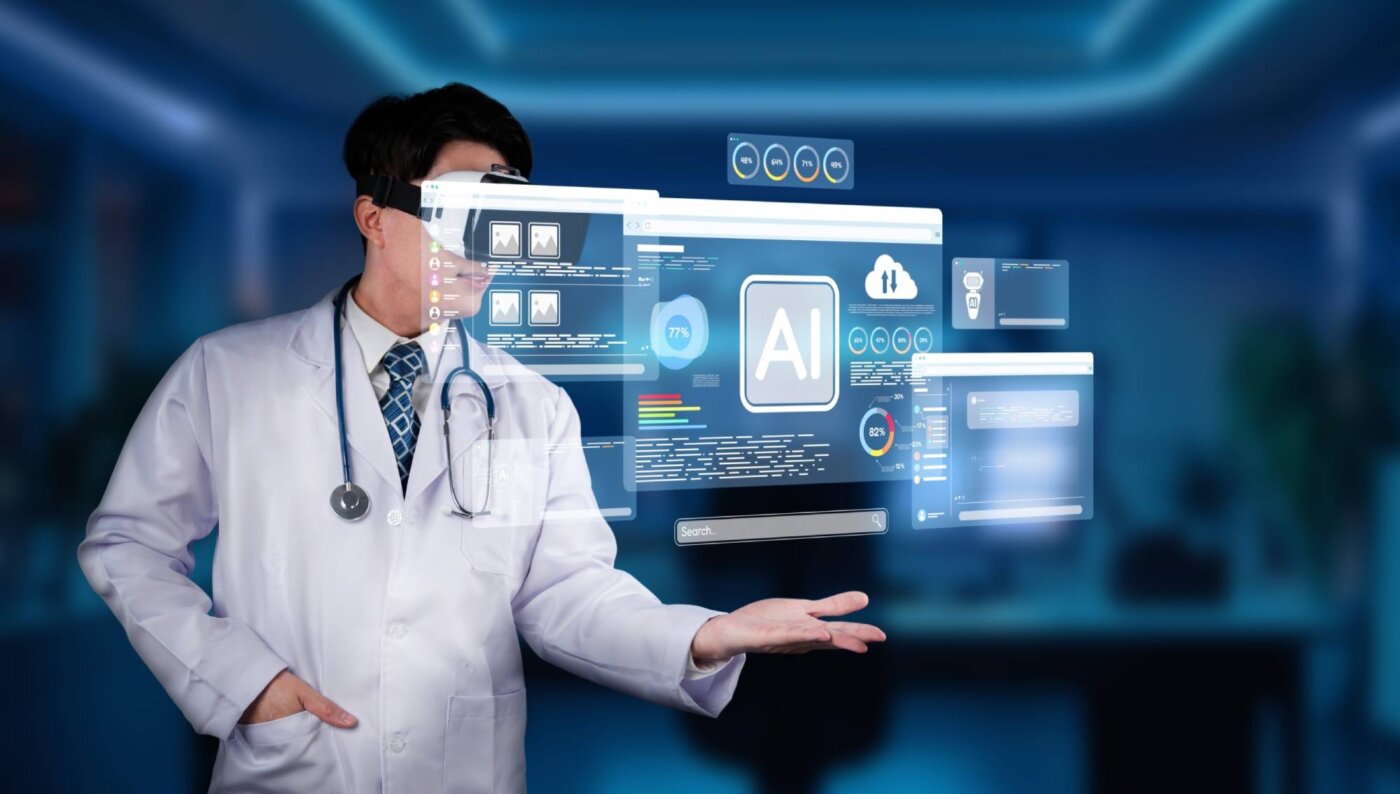
How InterSystems Helps Hospitals Harness Data & AI
Why Data and AI Matter in Healthcare
In the digital era, hospitals face a major challenge: patient data continues to grow, while medical staff are expected to deliver faster and more accurate services. Therefore, using data and AI (Artificial Intelligence) has become essential. With the right system, data is not only stored but also analyzed to support clinical decision-making.
InterSystems’ Role in Healthcare Transformation
InterSystems is a global technology company specializing in data management and healthcare information systems. Through its platform, InterSystems helps hospitals and doctors integrate patient data from multiple sources. As a result, diagnosis and treatment processes become faster, more accurate, and more efficient.
Moreover, InterSystems provides not just infrastructure but also AI support to analyze medical data. Consequently, their technology delivers significant added value to modern healthcare services.
How InterSystems Helps Hospitals
1. Patient Data Integration
One of the biggest issues hospitals face is scattered patient data. InterSystems offers integration solutions so all information—medical records, lab results, and treatment history—can be accessed in a centralized system. This way, doctors no longer need to search across multiple platforms.
2. AI-Powered Diagnosis
With AI, patient data can be analyzed more quickly. For example, AI can detect disease patterns based on medical history, symptoms, and test results. This greatly helps doctors make more accurate diagnoses.
3. Operational Efficiency
InterSystems also improves hospital operations. Integrated data systems make it easier to manage doctor schedules, bed availability, and medication supply chains more efficiently.
4. Medical Data Security
Beyond efficiency, security remains a top priority. InterSystems ensures patient medical data is stored under international security standards. In this way, data confidentiality and integrity are well protected.
Benefits for Doctors and Patients
With InterSystems’ system in place, doctors can access real-time patient information, simplifying clinical decision-making. For patients, the benefits are equally significant: care becomes more personalized, faster, and more precise.
Additionally, AI helps accelerate the detection of chronic illnesses such as diabetes and heart disease. Early detection allows patients to receive treatment before conditions worsen.
Challenges in Adopting the Technology
Despite its vast potential, implementing InterSystems data AI in hospitals comes with challenges. These include the need for staff training, significant initial investment, and technological infrastructure readiness. However, with proper planning, these challenges can be overcome.
The Future of Digital Hospitals
Digital transformation in healthcare is expected to expand further. InterSystems is at the forefront with its data and AI-based solutions. Looking ahead, this technology will not only support diagnosis but also advance medical research, drug development, and telehealth services.
Through these efforts, hospitals will be better prepared to meet modern healthcare needs while delivering higher-quality services to communities.
Conclusion: Data and AI as the Key
The role of InterSystems data AI in healthcare is increasingly vital. With patient data integration, AI analysis, operational efficiency, and strong security, hospitals can provide faster and more precise services.
Ultimately, this technology supports doctors in clinical decision-making while offering patients a better experience. The future of healthcare is undoubtedly digital, and InterSystems is one of the key players shaping that future.



